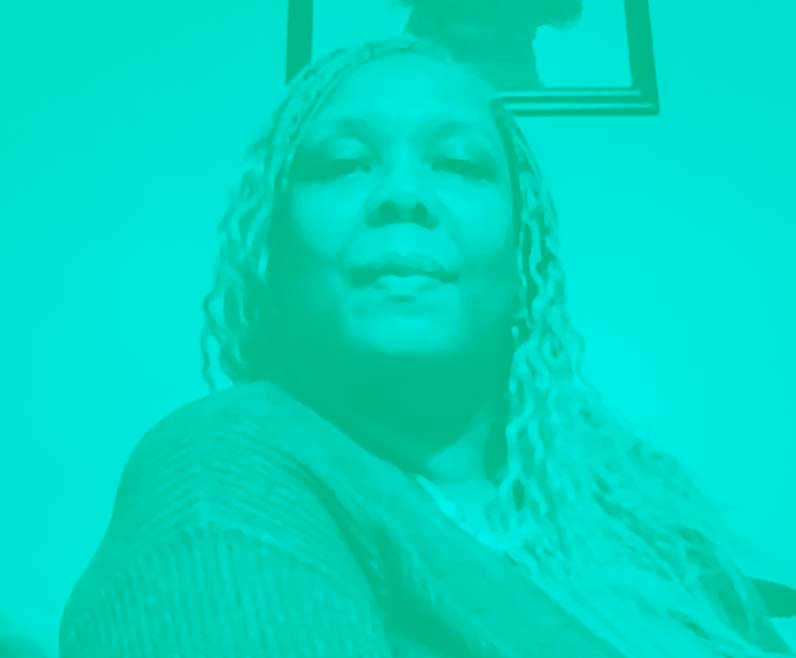EDUCATION

 ← Back
← Swipe
← Back
← Swipe
Changing Attitudes, Culture and Behavior Through Education
We all have a role to play in our communities – as family members, friends, coworkers and neighbors – when it comes to keeping the people we care about safe. Suicide can be prevented. Our evidence-informed education programs, delivered by our chapters throughout the country, use the latest science to pave the way in making sure more and more people understand why people take their lives, as well as how to spot the warning signs, and help those who are struggling.
Our chapters more than met the challenge to #KeepGoing in making sure our education programs continued to be available throughout the pandemic. Despite the global outbreak of COVID-19, we quickly adapted our education programs from in-person to virtual presentations, ensuring that even in uncertain times, we are still creating a culture that is smart about mental health.
In addition, a new presentation, Enhancing Metal Health During COVID-19 was added to our menu of programs, with a focus on protecting our mental health during this uncertain time, and including practical self-care tips and helpful resources.

2K+
education
programs
115K
attendees
nationwide
130K+
people reached
with educational
resources via
community outreach
Talk Saves Lives™


Since its launch in 2015, our signature education program Talk Saves Lives™: An Introduction to Suicide Prevention has reached over 150,000 people across the country. This year alone, over 1,000 Talk Saves Lives presentations reached over 36,000 participants.
Talk Saves Lives gives people potentially life-saving information by covering the general scope of suicide and the latest research on prevention. After attending a Talk Saves Lives presentation, participants gain an understanding of the complexities of why people take their lives, and what we all – as individuals, communities, and as a culture – can do to save lives.
Available both in-person and virtually, the program reaches a wide range of audiences, including community audiences, senior centers, and a growing number of workplace settings, including hospitals and health care offices, law enforcement and first responder stations, and construction sites – in short, anyone who wants to learn more about suicide prevention. In addition to the standard Talk Saves Lives presentation*, specialized modules are also available for older adults*, LGBTQ audiences, and firearms retailers and range owners.
To help increase our capacity to deliver programs and expand our reach within communities, this past year we developed Talk Saves Lives: Training for Presenters, an internal program for chapters to train new presenters to deliver the Talk Saves Lives program. By preparing more people to train others in Talk Saves Lives, we will be able to reach more people than ever before, making communities everywhere safer.
* General and older adult modules are available in Spanish.


Finding Hope:
Guidance for
Supporting
Those at Risk
The new program Finding Hope: Guidance for Supporting Those at Risk gives people who are caring for someone at risk the strategies and understanding they need to keep their loved one safe. The program provides participants with a general understanding of suicide, and gives them insight into what may be happening for someone during a time of crisis. It explores the recovery process after a suicide attempt or mental health crisis, focusing on specific ways participants can recognize warning signs and help support someone’s treatment and plan for safety. Participants are also highly encouraged to practice self-care while in the process of supporting their loved one.
The complexity and sensitive nature of this much-needed program demands careful consideration for the needs of this specific audience. Initially piloted by seven chapters, Finding Hope has now begun the process of training presenters, to ensure those delivering the program be fully equipped to the specific needs of both participants and the people at risk. After a rigorous approval process, 24 chapters were selected in round one to host Finding Hope, with over 50 presenters being trained. The program is expected to launch nationwide, post-pandemic, in 2021 as in-person trainings.

More Than Sad
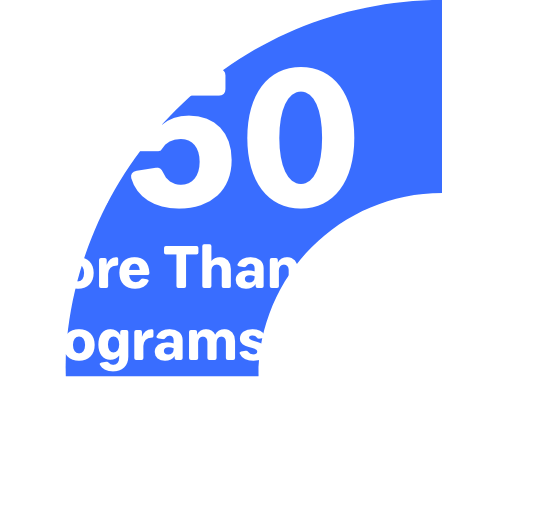
Since 2010, the More Than Sad program has taught over a million students and educators how to be smarter about mental health. With separate modules directed toward high school students, parents, and teachers, the program teaches:
• teens to recognize the signs of depression in themselves and others; challenges existing stigma surrounding depression; and demystifies the treatment process
• parents to recognize signs of depression and other mental health problems, initiate a conversation about mental health with their child, and get help
• educators to recognize signs of mental health distress in students, and refer them for help
Findings have shown that teachers who’ve received our More Than Sad training had increased engagement with struggling students, and increased referrals of students to needed help, as compared to those without the training. To help increase our capacity to deliver programs and expand our reach within communities, this past year we developed Talk Saves Lives: Training for Presenters, an internal program for chapters to train new presenters to deliver the Talk Saves Lives program. By preparing more people to train others in Talk Saves Lives, we will be able to reach more people than ever before, making communities everywhere safer.
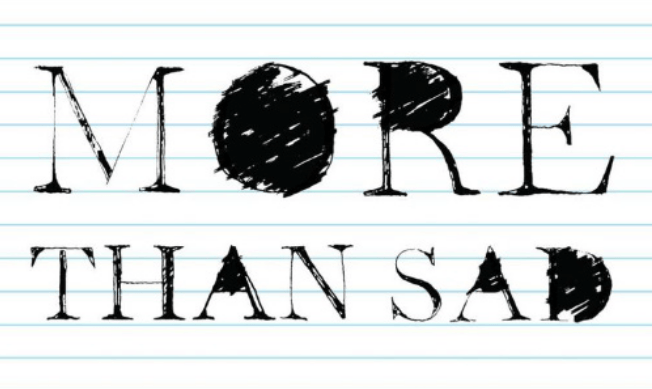

Model School
Policy
Download the Model School Policy at afsp.org/modelschoolpolicy
According to the most recent data, suicide is the second leading cause of death among young people ages 10–19.
It’s vital that our schools are prepared to respond in the event that a student needs help, or in the event that a suicide does occur. Many states now have laws that require K–12 school districts to have a suicide prevention policy in place. The Model School Policy on Suicide Prevention, produced in collaboration with the American School Counselor Association, the National Association of School Psychologists, and The Trevor Project, is a comprehensive guidebook for school administrators and policy makers containing best practices in suicide prevention, intervention and postvention policies for K–12 schools.
It is critically important that school districts have policies and procedures in place to prevent, assess the risk of, intervene, and respond to youth suicidal behavior. This clear handbook, updated last year, outlines best practices for school districts to follow to protect the health and safety of all students.
Download the Model School Policy at afsp.org/modelschoolpolicy
Signs Matter:
Online Suicide
Prevention Training
for K-12 Educators
Educators can play a critical role in the fight against suicide. They don’t have to be mental health experts, but it is important that they understand and recognize the signs that a student is at risk for suicide. Signs Matter: Early Detection presents scientifically based information on a variety of topics related to youth suicide, alongside best practice recommendations drawn from experts in the mental health and education fields.
This online program, which fulfills many states’ requirements for educators to have two hours of instruction on suicide prevention and bullying, sheds light on key questions of risk and protective factors for youth suicide, as well as the most common behavioral presentations expressed by at-risk youth. Participants will also receive recommendations for school personnel roles, support, referrals, and interventions.






